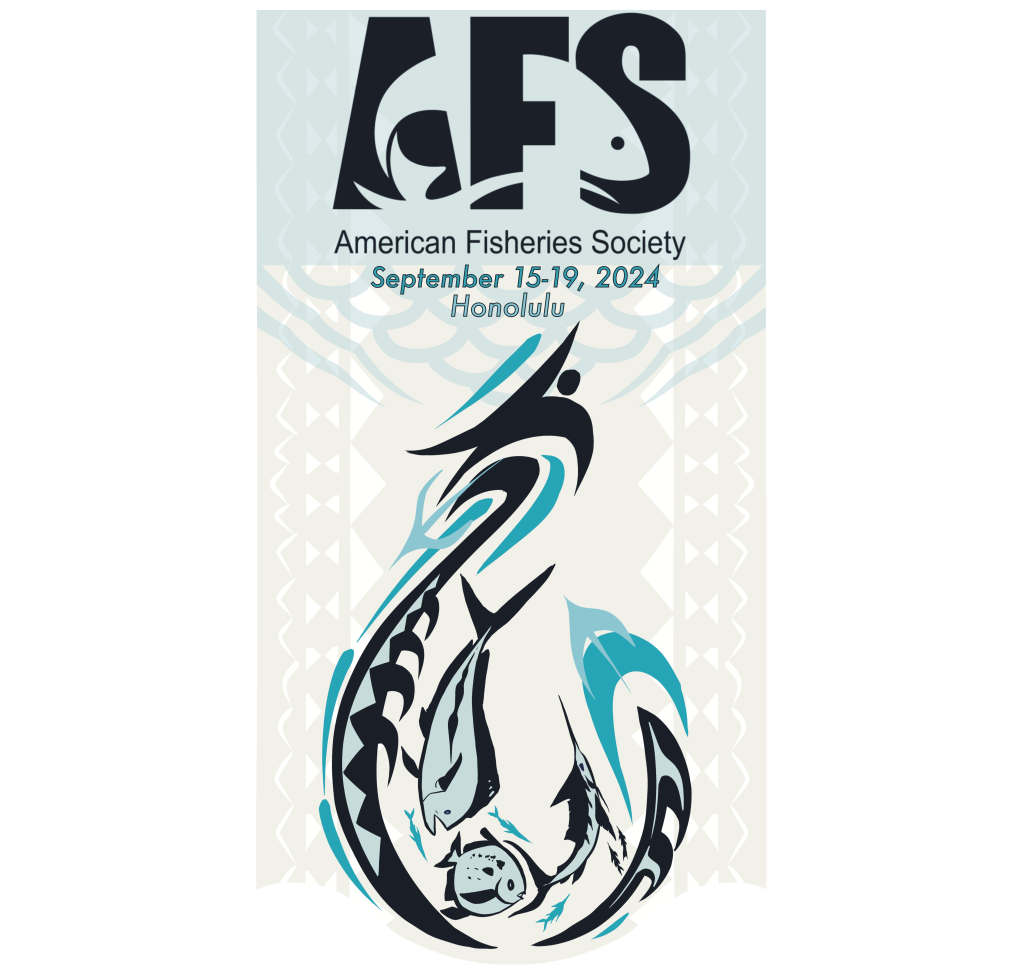Climate change represents a significant challenge to aquatic ecosystems. Understanding how species may be affected will help determine feasible adaptation solutions. Adaptive capacity (AC – the ability of a species, ecosystem, or human system to cope with or adjust to climate change) has been applied through climate change vulnerability assessments, with select examples existing as wildlife applications. Despite potential benefits, there seems to be limited adoption of AC by aquatic researchers. Consideration of species’ inherent attributes and external constraints can inform management of potential AC and response (e.g., “shift-in-space” vs. “persist-in-place”; Thurman et al. 2020). Synthesis of fish vulnerabilities can aid climate-adaptation planning and lead to preemptive management intervention strategies to enhance AC. This session explores the application of AC to assess fish resilience to climate change. We invite presentations that explore a) species attributes vulnerable to climate change, and b) implementation of management strategies designed to enhance fish AC.
Organizer: Spencer Gardner, Purdue University, [email protected]
Co-organizers: Holly Embke
Supported by: Purdue University, USGS Midwest Climate Adaptation Science Center
